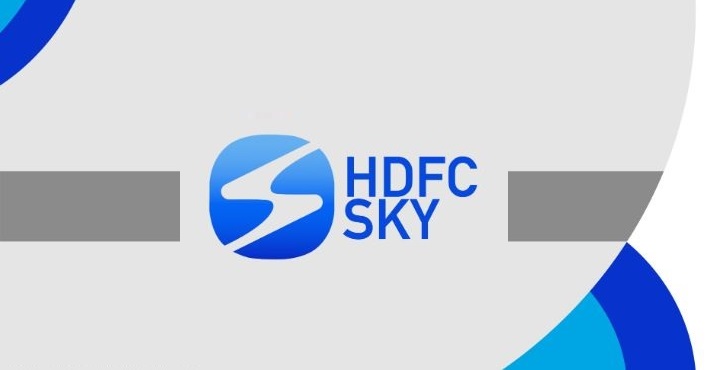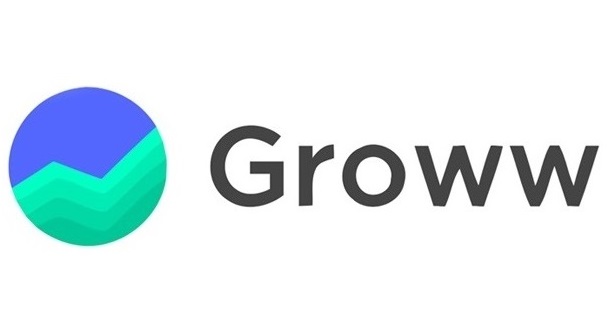What Is a Demat Account? What Is the Use of It?

Strong 8k brings an ultra-HD IPTV experience to your living room and your pocket.
In today’s fast-paced digital world, investing in the stock market has become easier than ever before. Gone are the days when physical share certificates were the norm, and maintaining them was a cumbersome task. With the advent of technology, we now have Demat accounts—a seamless, secure, and efficient way to manage and trade shares electronically. But what exactly is a Demat account? And why is it so important for investors today? In this article, we will delve into everything you need to know about a Demat account, its uses, benefits, and much more.
Introduction to Demat Account
A Demat account (short for Dematerialization account) is an account that holds your financial securities in an electronic format. Whether you’re dealing with stocks, bonds, or other financial instruments, a Demat account ensures that these assets are safely stored without the need for physical certificates. Essentially, it is the backbone of modern trading and investing in India.
The Evolution of Demat Accounts in India
Before the introduction of Demat accounts, the Indian stock market operated on a paper-based system. This system involved physical share certificates, which were prone to theft, damage, and forgery. With the establishment of the Depositories Act, 1996, and the setting up of the National Securities Depository Limited (NSDL), the concept of Demat accounts in india was introduced, revolutionizing the way securities were handled. This change not only enhanced security but also significantly reduced the time and effort required in the trading process.
How Does a Demat Account Work?
At its core, a Demat account functions much like a bank account. Just as a bank account holds your money, a Demat account holds your shares and other securities. When you buy shares, they are credited to your Demat account, and when you sell shares, they are debited from it. All transactions are carried out electronically, making the entire process swift and hassle-free.
Why Is a Demat Account Necessary?
If you’re planning to invest in the stock market in India, a Demat account is mandatory. Here’s why:
Elimination of Physical Certificates: The biggest advantage of a Demat account is that it eliminates the need for physical share certificates. This reduces the risk of loss, theft, or damage to your assets.
Ease of Transaction: Buying and selling securities can be done with just a few clicks, without the need for physical paperwork.
Cost-Efficient: Holding securities in a Demat account reduces the cost associated with handling and maintaining physical certificates.
Faster Settlement: The settlement cycle in the stock market has become much quicker with the use of Demat accounts, allowing investors to have more liquidity.
Types of Securities You Can Hold in a Demat Account
A Demat account is versatile and can hold a variety of financial instruments. These include:
Equity Shares: The most common type of security held in a Demat account.
Bonds: Whether government or corporate bonds, all can be stored in a Demat account.
Mutual Funds: Units of mutual funds can also be held in electronic form.
Exchange-Traded Funds (ETFs): ETFs, which are a popular investment option, can be easily stored in a Demat account.
Government Securities: Treasury bills and other government securities can also be held electronically.
Initial Public Offerings (IPOs): Shares allocated to you through an IPO are directly credited to your Demat account.
How to Open a Demat Account
Opening a Demat account is a straightforward process. Here’s a step-by-step guide:
Choose a Depository Participant (DP): A DP is an agent of the depository through which you can open a Demat account. Popular DPs in India include banks and brokerage firms.
Submit KYC Documents: You will need to submit identity proof, address proof, and PAN card details for KYC (Know Your Customer) verification.
Sign an Agreement: You will be required to sign an agreement with your DP outlining the terms and conditions of the service.
Receive Your Demat Account Number: Once your application is processed, you will receive your unique Demat account number.
Link Your Bank Account: It’s advisable to link your bank account to your Demat account for seamless fund transfers during transactions.
Charges Associated with a Demat Account
While a Demat account offers numerous benefits, it’s essential to be aware of the associated costs. These may include:
Account Opening Charges: Some DPs may charge a fee for opening a Demat account, although many offer this service for free.
Annual Maintenance Charges (AMC): This is an annual fee for maintaining your Demat account.
Transaction Charges: These are fees charged for buying and selling securities through your Demat account.
Custodian Fees: Some DPs charge a custodian fee for holding your securities in electronic form.
Benefits of a Demat Account
A Demat account offers several advantages:
Safety: No risk of loss or theft as with physical certificates.
Convenience: Easy to manage and track your investments online.
Efficiency: Quick and smooth transactions without any paperwork.
Accessibility: You can access and operate your Demat account from anywhere in the world.
Consolidation: You can hold multiple types of securities in one place.
Demat Account vs Trading Account
It’s important to understand the difference between a Demat account and a trading account. While a Demat account holds your securities in electronic form, a trading account is used to execute buy or sell orders in the stock market. Both accounts are typically linked together for seamless transactions.
How to Operate a Demat Account
Operating a Demat account is quite simple. Here are some key points to keep in mind:
Monitor Your Holdings: Regularly check your Demat account to monitor your investments and ensure all transactions are correctly recorded.
Stay Updated on Charges: Be aware of any charges or fees associated with your account to avoid unexpected deductions.
Link with Trading Account: Ensure your Demat account is linked with your trading account for smooth transactions.
Dematerialize Physical Shares: If you still hold physical share certificates, you can convert them into electronic form by submitting a Dematerialization Request Form (DRF) to your DP.
Conclusion
In summary, a Demat account is an essential tool for anyone looking to invest in the Indian stock market. It offers a secure, convenient, and efficient way to manage your securities. From holding equity shares to bonds and mutual funds, a Demat account is versatile and simplifies the entire investment process. With the ease of opening and operating a Demat account, there’s never been a better time to start investing and growing your wealth. So, if you haven’t already, consider opening a Demat account today and take the first step towards your financial goals.
Note: IndiBlogHub features both user-submitted and editorial content. We do not verify third-party contributions. Read our Disclaimer and Privacy Policyfor details.






